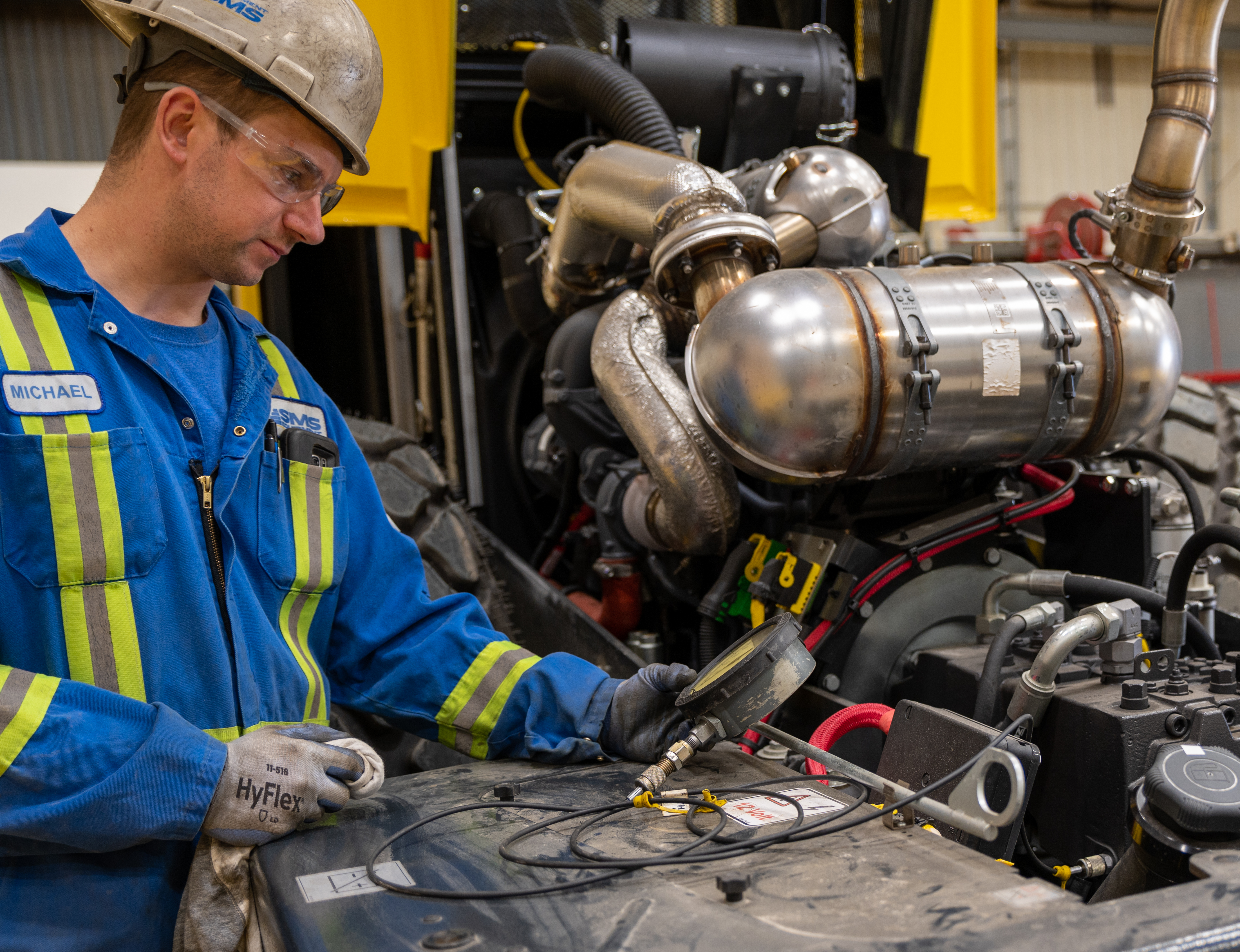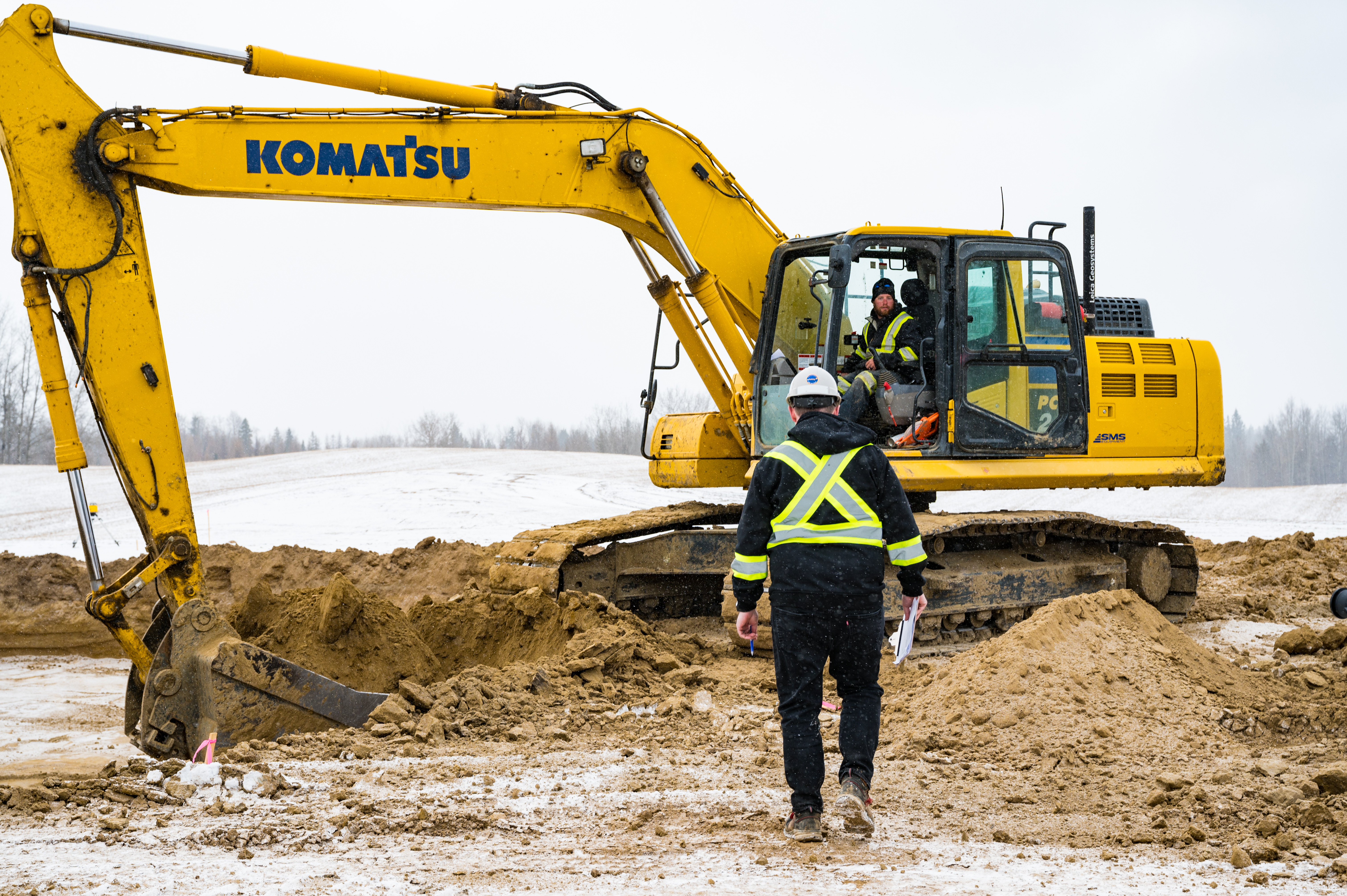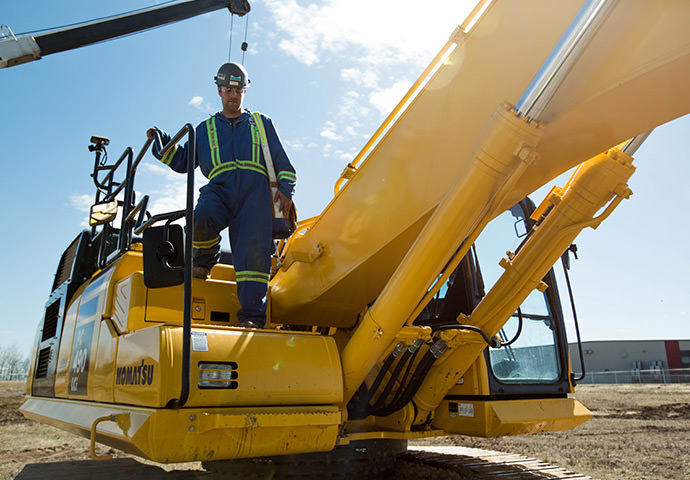Preparing equipment for winter is a bit like fixing a leaky roof. On a nice day, it feels pointless, but when the weather turns bad, it's too late!
Every winter, the SMS Equipment parts and services organization gets dozens of emergency service calls involving equipment that was not adequately prepared.
To help you avoid such incidents, we've assembled advice from four of our service experts:
- Stephen Stanley, Service Supervisor
- Terry Penner, Field Service Supervisor
- Thierry Wilson, Technical Product Specialist
- Chaunce Edwards, Technical Support Specialist
Together, they tell you how to avoid the most common causes of winter failures.

















































